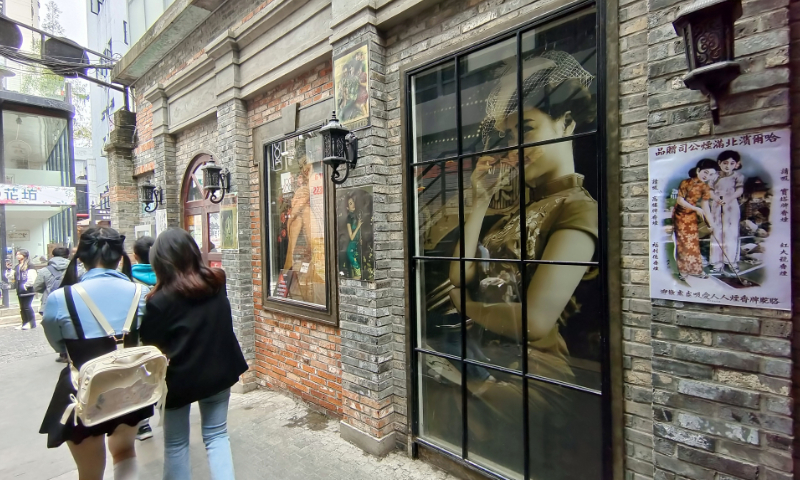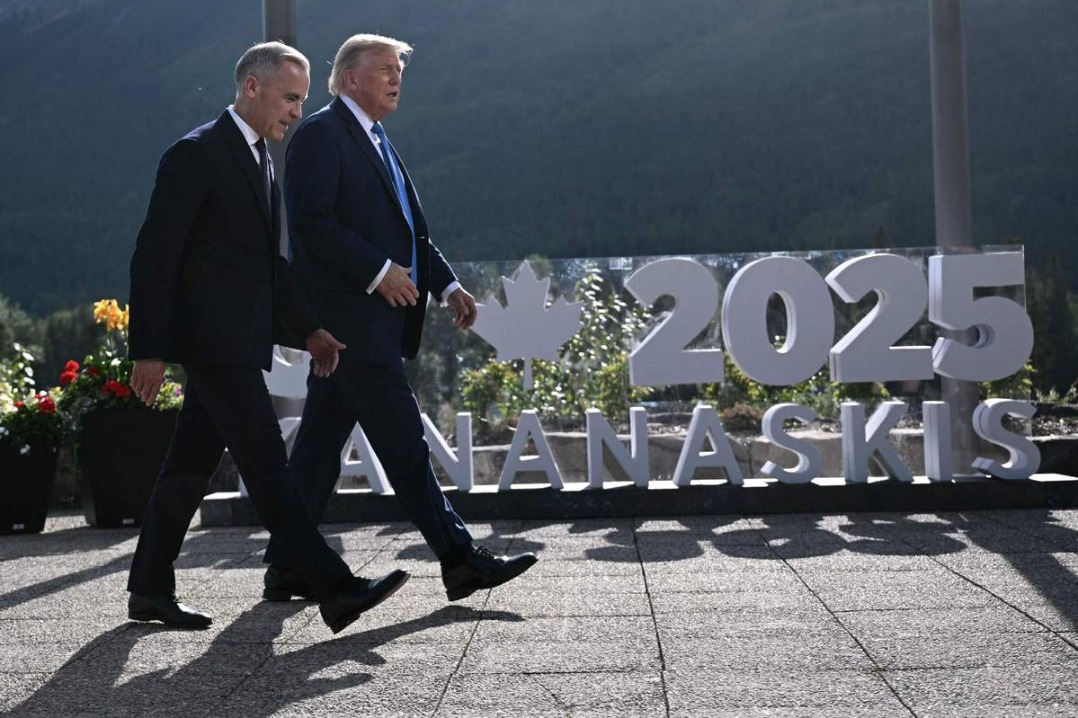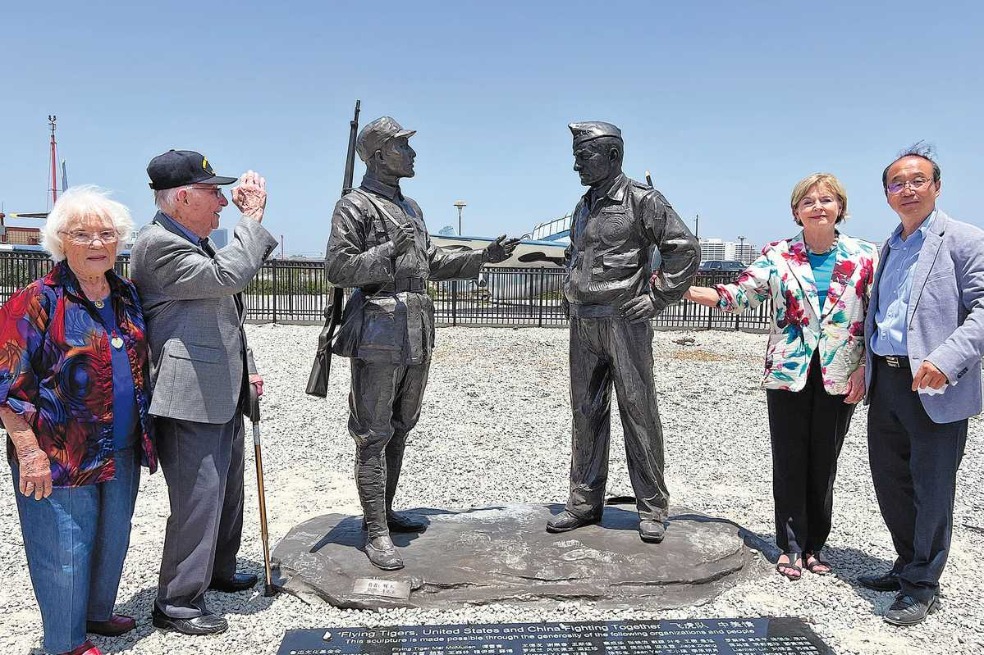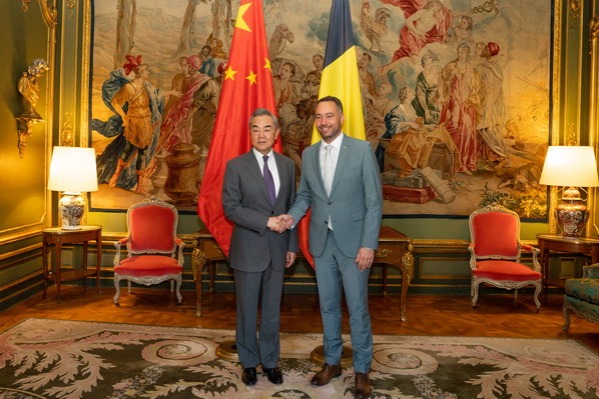Chinese experts, ASEAN diplomats discuss Chinese modernization


Duan Yi, deputy director of the Exchange Department at the Center for Language Education and Cooperation under the Chinese Ministry of Education, shared some of his experiences from when he served as deputy county chief in Shangyou county in East China's Jiangxi province.
Chinese modernization is aimed at achieving common prosperity, including progress in material, cultural, and moral aspects, as well as harmony between humans and nature. The last but not least point is peaceful development, Duan noted.
“So what is a Chinese path to modernization or Chinese modernization?” Bi Jianlu, producer from the China Global Television Network, made a comparison between Chinese and Western paths to modernization at the seminar.
Chinese modernization includes China's traditional values and culture, incorporating them into the process of social development. It emphasizes people-oriented development, the prosperity of all citizens, the simultaneous development of cultural and spiritual civilization with material civilization, harmony between human and nature, as well as peaceful development. All of these are different from the Western path, which is characterized by economic contradictions, purely materialistic interests, environmental and ecological crises, and capital-driven development. These differences are the biggest distinctions between Chinese and Western modernization, according to Bi.
Chinese-style modernization is not the imperialistic exploitation and oppression of the past. Its characteristics lie in inclusive and interconnected infrastructure development. China is also striving to build a modernization model that promotes mutual benefit and win-win cooperation globally, Bi said.
Diplomats from ASEAN member state embassies in China discussed how they could learn from China's successful experiences.
"In 2015, I came to Beijing as a member of a delegation. Now, I am working in China and able to witness the changes happening here. For example, in Sanlitun, I see constant and rapid changes every day. As a citizen of one of the ASEAN member states, I am very pleased to see these developments," First Secretary from the Embassy of Myanmar in China Seint Shwe Zin said at the seminar.
The CUC is one of China's key universities. The university has established cooperative and communication partnership with more than 200 domestic and overseas universities, research and media institutes.
Next year marks the 70th anniversary of the establishment of the CUC and it will also be the ASEAN-China Year of People-to-people Exchanges. "We organized this workshop series as we hope that we can take this opportunity to open a window, build a bond, and create a platform in order to contribute to the construction of a China-ASEAN community with a shared future," Zhou Ting, dean of the CUC School of Government and Public Affairs, said at the seminar.

































